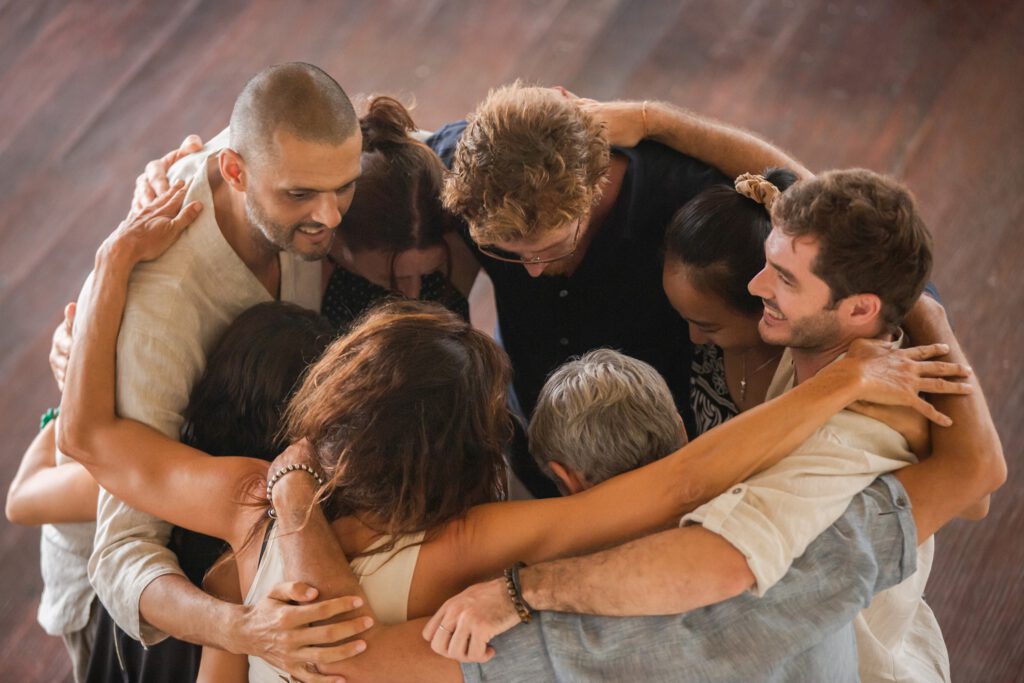Since the devastating events of October 7, Bar-Ilan University’s International School has been steadfast in its commitment to supporting international students affected by the trauma and aftermath of these attacks. Under the guidance of its Academic Head, Prof. Rivka Tuval-Mashiach, a renowned clinical trauma psychologist and professor in the Department of Psychology, the International School has played a vital role in providing specialized care to international students navigating trauma and PTSD in a foreign setting.

In response to the October 7 attacks and the subsequent war, the Departments of Psychology and Social Work have implemented a comprehensive support system to help Israelis, including faculty, staff, students, and international students, cope with trauma and PTSD. The university provides a safe space for individuals to share their experiences, fostering healing and resilience. These sessions allow survivors, victims, first responders, soldiers, and released hostages to bear witness to their own stories, validating their experiences and helping them to process their experiences.
Bar-Ilan University also recognizes the importance of studying the healing process. A large number of researchers from various departments are continuously investing resources in researching the long-term psychological consequences of the attacks and the war. This research sheds light on the impact of exposure to traumatic events on our brain, our physiology, our memory consolidation, our emotions and behavior, and our overall mental well-being, with the hope that it will allow for the development of effective strategies for healing.
“Bearing witness is not only a way to process one’s trauma,” says Prof. Tuval-Mashiach. “It is also a way to preserve the past. It is deeply rooted in Jewish tradition, as demonstrated by the festivals of Purim and Pesach (Passover).”
Purim, which took place in March, commemorates the deliverance of the Jewish people from the sinister plot of Haman, showcasing the extraordinary power of unity and courage in the face of injustice. Similarly, Pesach symbolizes the liberation of the Israelites from slavery in Egypt. During the Seder, the traditional Pesach meal, the retelling of the Exodus story serves as a poignant act of bearing witness, imparting invaluable lessons from the past to future generations.
“Testimonies from the October 7 attacks and the subsequent war serve as a powerful tool for healing and growth. By preserving these memories, these testimonies ensure that the voices of those affected are heard, their stories remembered, and their sacrifices acknowledged. These memories, like those from previous wars or from decades or millennia ago, from our shared history, form our collective narrative, together with other memories, of better times. Talking about what happened, whether in therapy or through writing and recording the stories, not only bears witness but also contributes to the healing process, inspiring resilience in others facing similar struggles,” she says.
Sharing our experiences and stories is a means of healing wounds caused by trauma and PTSD. Bar-Ilan University’s compassionate response, along with the preservation and learning from these testimonies, enables individuals and society to grow, learn, and make informed decisions for the future.
“As we approach Pesach, in which we read the Hagaddah (the story of the Exodus from Egypt, which is taught from one generation to the next), let us remember the power of storytelling, preserving the narratives of those who have borne witness to the events of our time, and ensuring that healing, understanding, and support extend to all.
“But let us also remember that while we look forward to observing Pesach with families and friends this year, our hearts are filled with both worry for the hostages and hope for their immediate release, a feeling that resonates not only with the families of the hostages and Israelis but also with Jews worldwide,” says Prof. Tuval-Mashiach.
As much as it can be, we wish those observing Pesach, chag samaeach, a happy holiday! And next to Elijah and Miriam’s cups, put another cup for the hostages and pray for their safe return.
Contact Us for More Info
Leave your details and we’ll get back to you soon

